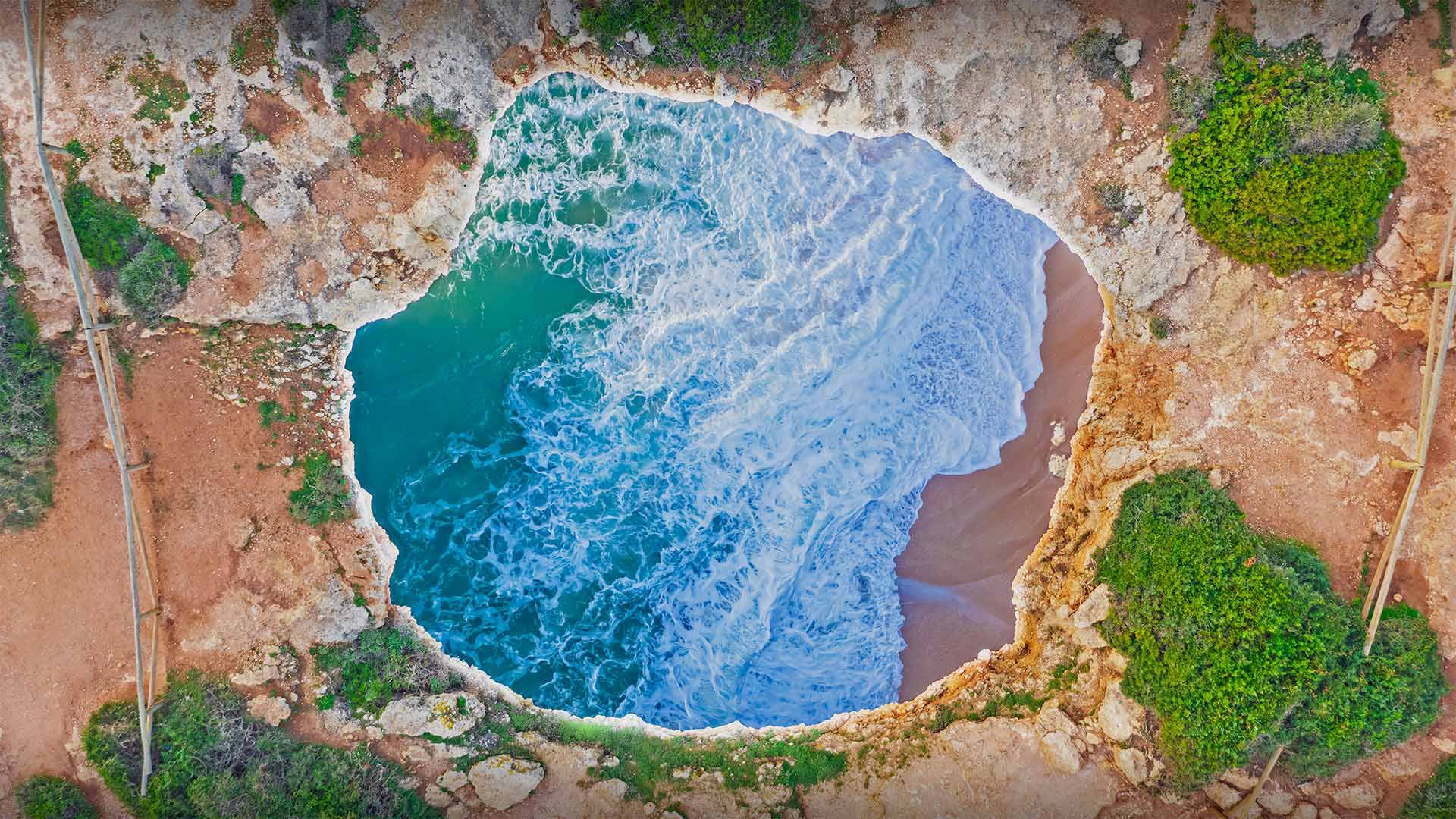Environmental Groups Push Back Against Serbia’s Incinerator Plans
The beautiful country of Serbia is facing a big environmental challenge as plans for the construction of a large waste incinerator are causing concern among environmental groups. The government’s decision to build the incinerator has sparked widespread protests and criticism from environmentalists who fear the negative impact it will have on the environment and public health.
The Serbian government has been pushing for the construction of the incinerator as a solution to the country’s growing waste management problem. The rising levels of waste in Serbia have become a major issue, with landfills reaching capacity and inadequate recycling facilities in place. The government believes that the incinerator will help relieve the pressure on landfills and provide a sustainable solution for waste management.
However, environmental groups are arguing that the construction of the incinerator will only add to the country’s environmental problems. They worry that the incinerator will release harmful pollutants into the air, soil, and water, posing a significant risk to public health and the environment. They are also concerned about the potential negative impact on Serbia’s efforts to increase recycling and reduce waste generation.
The proposed incinerator is set to be one of the largest in the region, with a capacity to handle thousands of tons of waste each day. Environmentalists argue that such a massive incinerator will produce large amounts of air pollutants, including particulate matter, nitrogen oxides, sulfur dioxide, and heavy metals, which can have serious health effects on the surrounding communities.
The construction of the incinerator is also sparking concerns about its impact on climate change. Environmental groups argue that the incineration of waste will release large amounts of carbon dioxide into the atmosphere, contributing to global warming and climate instability.
In response to these concerns, environmental groups have been taking action to push back against the government’s plans for the incinerator. They have organized rallies and protests, launched social media campaigns, and reached out to the public to raise awareness about the potential negative impact of the incinerator on the environment and public health.
Environmental groups are also calling on the Serbian government to prioritize sustainable waste management solutions, such as investing in recycling and composting facilities, promoting waste reduction and segregation, and implementing measures to reduce the generation of waste.
In addition, environmentalists are urging the government to consider alternative technologies for waste management, such as anaerobic digestion, which can convert organic waste into biogas and organic fertilizers, or mechanical-biological treatment, which can separate and treat recyclable materials from waste.
These efforts are gaining traction, with more and more people speaking out against the incinerator and calling for sustainable waste management solutions that prioritize environmental and public health protection.
FAQs
Here are some frequently asked questions about the incinerator plans in Serbia and the pushback from environmental groups:
Q: What is the incinerator being built in Serbia for?
A: The Serbian government is building the incinerator as a solution to the country’s growing waste management problem. The rising levels of waste in Serbia have become a major issue, with landfills reaching capacity and inadequate recycling facilities in place. The government believes that the incinerator will help relieve the pressure on landfills and provide a sustainable solution for waste management.
Q: What are the concerns of environmental groups about the incinerator?
A: Environmental groups are concerned that the incinerator will release harmful pollutants into the air, soil, and water, posing a significant risk to public health and the environment. They are also worried about its potential negative impact on Serbia’s efforts to increase recycling and reduce waste generation. The groups are also worried about the incinerator’s potential impact on climate change, as burning waste releases large amounts of carbon dioxide.
Q: What are the alternative waste management solutions being proposed by environmental groups?
A: Environmental groups are urging the Serbian government to prioritize sustainable waste management solutions, such as investing in recycling and composting facilities, promoting waste reduction and segregation, and implementing measures to reduce the generation of waste. They are also calling for the consideration of alternative technologies for waste management, such as anaerobic digestion and mechanical-biological treatment.
Q: What actions are environmental groups taking to push back against the incinerator plans?
A: Environmental groups have been organizing rallies and protests, launching social media campaigns, and reaching out to the public to raise awareness about the potential negative impact of the incinerator on the environment and public health. They are also calling on the Serbian government to reconsider its plans and prioritize sustainable waste management solutions.
In conclusion, the pushback against Serbia’s incinerator plans from environmental groups highlights the importance of prioritizing sustainable waste management solutions that protect the environment and public health. With increased awareness and pressure from the public, there is hope that the government will reconsider its plans and invest in alternative technologies that support a cleaner and healthier future for Serbia.
Environmental Groups Push Back Against Serbia’s Incinerator Plans




